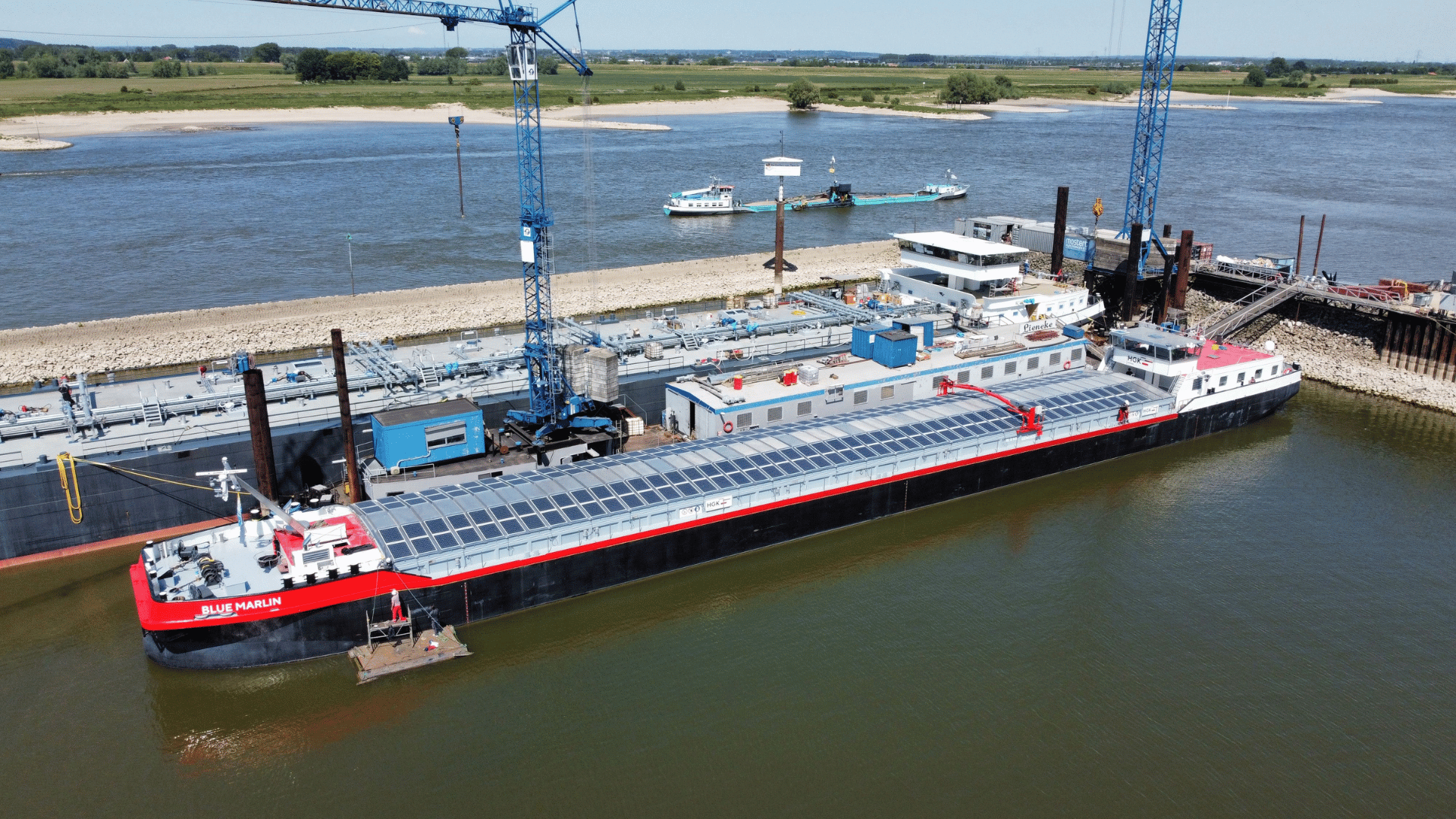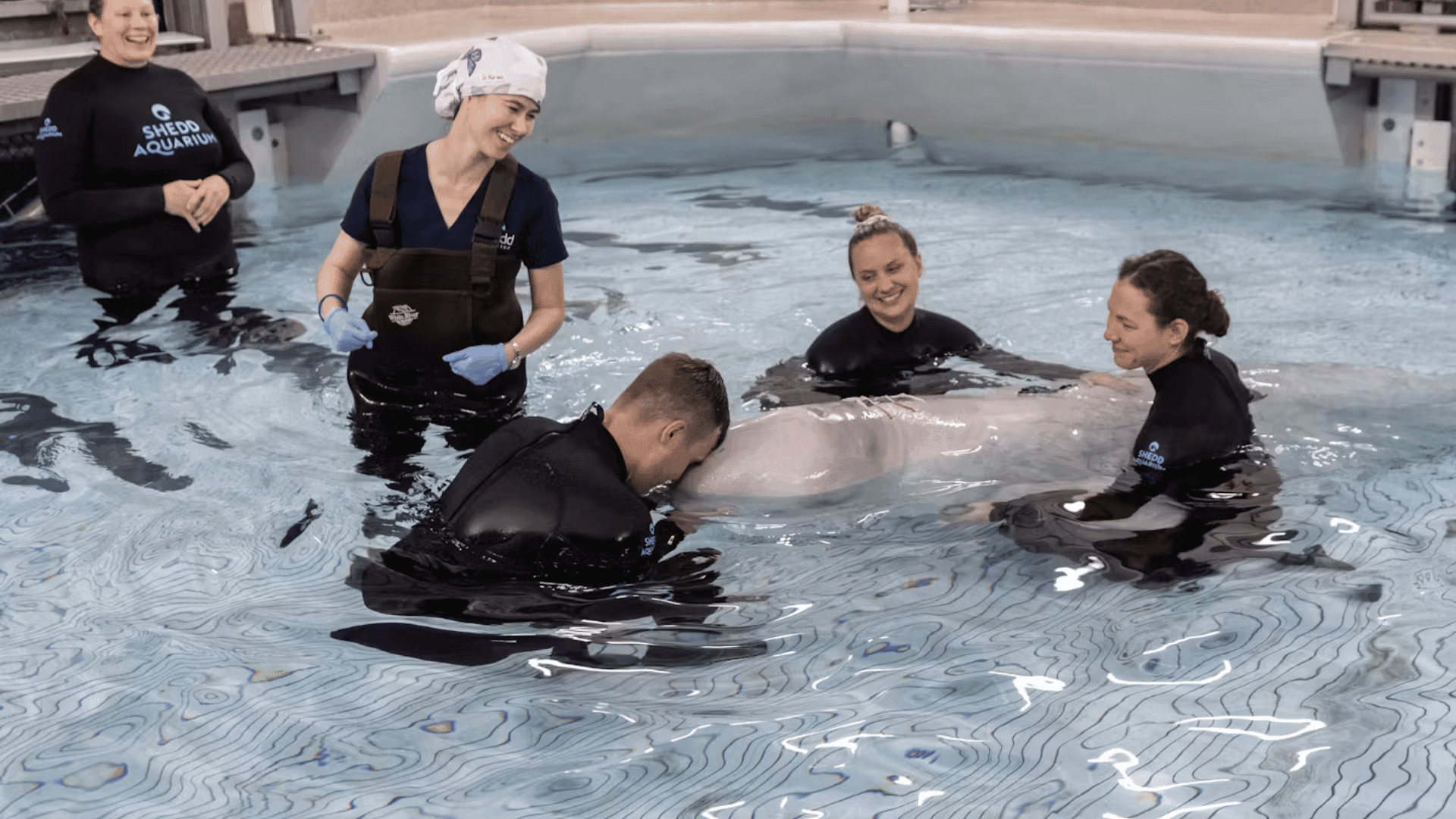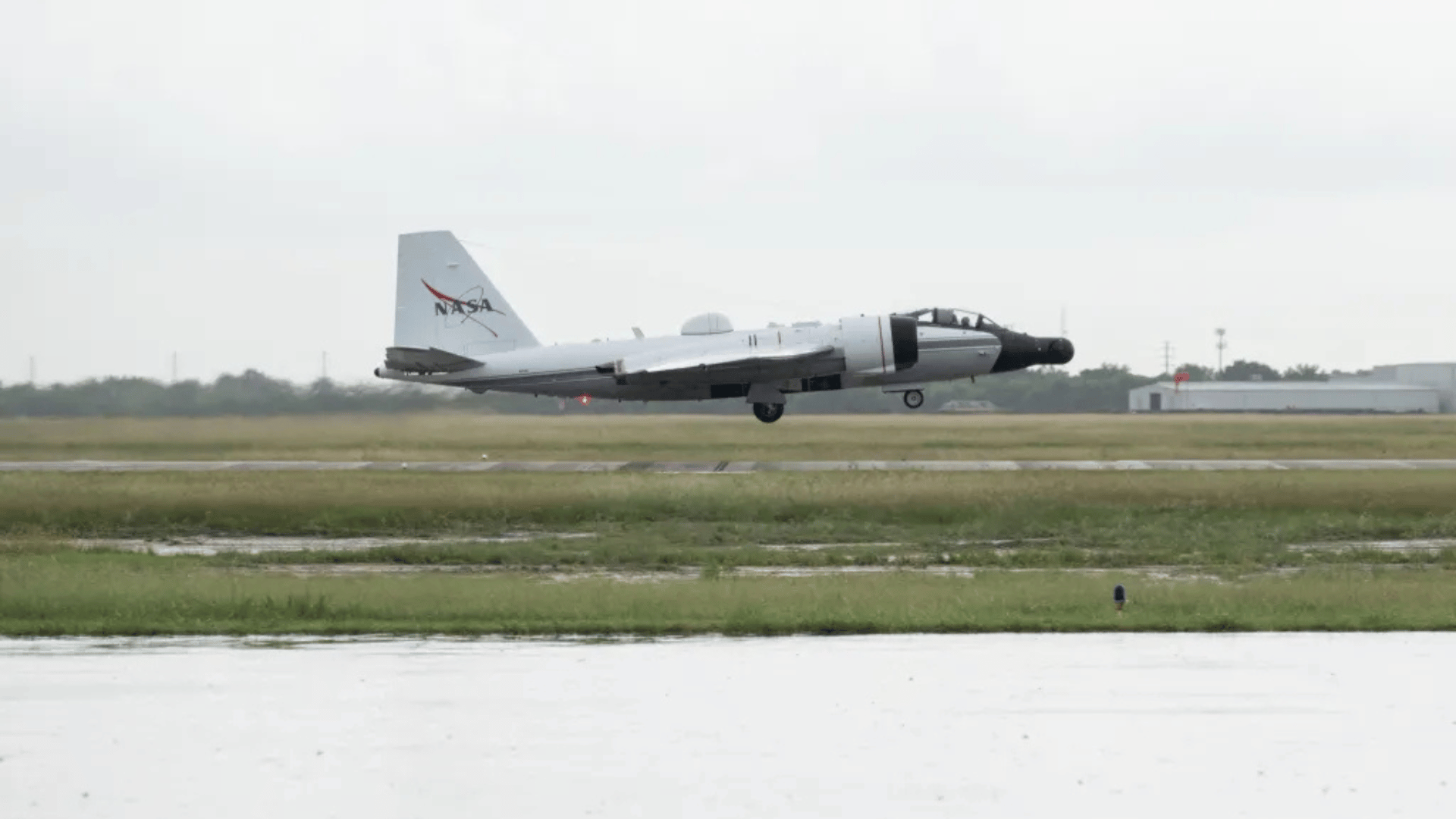United Airlines has recently announced details regarding the company’s plans to begin commercial flights for electric aircraft by the end of the 2020s.
In the past few years, United has invested in a suite of electric aircraft, a decision which coincides with its proposed goal of zero carbon emissions by 2050. This includes a 2021 order for 100 electric planes being developed by Heart Aviation and 200 flying taxis being developed by Embraer-backed Eve Air Mobility. Heart has announced that it’s working to have its planes certified to fly by 2028 and Eve is expecting certification by 2026.
“Initially we want to fly on routes that are 200 miles or less,” Mike Leskinen, president of United Airlines Ventures, the carrier’s in-house venture capital arm, said, during a video interview at CNBC’s ESG Impact Virtual Conference. “But as that energy density increases, that same aircraft will have a range of 250 miles, 300 miles, which is going to give us a lot more utility here connecting our hubs.”
Leskinen has stated that United will have fixed-wing electric aircraft flying regional routes by 2030, including Heart’s ES-30. The 30-passenger model will be driven by electric motors with battery-derived energy, allowing the planes a fully electric range of 124 miles.
The planes will also feature a reserve-hybrid engine powered by sustainable aviation fuel, allowing it to have an extended range of roughly 250 miles with a full flight. Chicago O’Hare International Airport and Denver International Airport are viewed as key markets for the first batch of electric aircraft.
“As we adopt electric aircraft, I think the cost for a 30-seat aircraft, 50-seat aircraft as the industry evolves is going to be lower cost than a traditional aircraft,” Leskinen stated. For small cities, this means they are “going to get either service that they didn’t have before or greater frequency of service.”
This is not United’s first venture into the world of low-emission aviation, having announced its proposed plans for electric air taxis, vertical aircraft, and hydrogen-electric engines. They also have a track record of investing in the companies behind burgeoning technologies, including investing in supersonic planes.
United Airlines is not the only company taking steps toward electric air travel, Air Canada ordered 30 ES-30 electric planes from Heart Aerospace in September. Additionally, JetBlue, Virgin Atlantic, and American are among other airlines to have either placed orders or backed EVTOL manufacturers. “Existing technology is going to either cause us to fly less, which is an unacceptable alternative, or continue with a carbon footprint, which we believe is equally unacceptable,” Leskinen explained, “We cannot continue doing and operating our business the way we do; it is imperative that we change it, and the way we’re going to change it is through investing in technology.”
For more of the latest news, check out House of the Dragon’s virtual production technology, technology innovations of the 2022-23 NBA season, how digital twins are used in nuclear energy, and the nation’s first nuclear-power clean hydrogen production plant.







